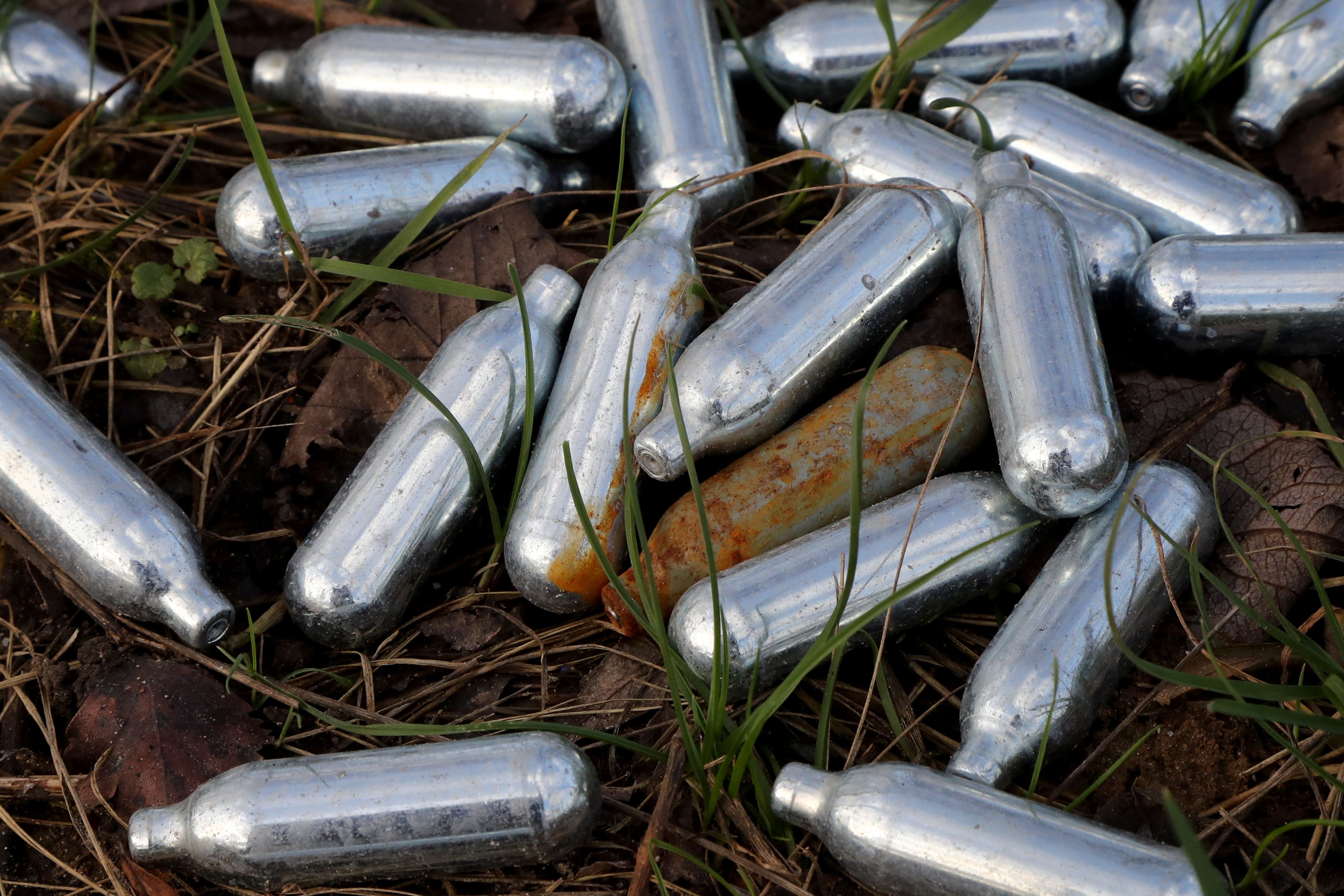Mother of student who died after inhaling laughing gas calls for drug to be made Class A
An inquest found that ‘part’ of Ellen Mercer death was linked to the substance, which has been made illegal in the UK

Your support helps us to tell the story
From reproductive rights to climate change to Big Tech, The Independent is on the ground when the story is developing. Whether it's investigating the financials of Elon Musk's pro-Trump PAC or producing our latest documentary, 'The A Word', which shines a light on the American women fighting for reproductive rights, we know how important it is to parse out the facts from the messaging.
At such a critical moment in US history, we need reporters on the ground. Your donation allows us to keep sending journalists to speak to both sides of the story.
The Independent is trusted by Americans across the entire political spectrum. And unlike many other quality news outlets, we choose not to lock Americans out of our reporting and analysis with paywalls. We believe quality journalism should be available to everyone, paid for by those who can afford it.
Your support makes all the difference.The heartbroken mother of a student who died after taking laughing gas has called for the drug to be made a Class A substance.
Ellen Mercer, 24, was inhaling two to three “big bottles” of laughing gas before she died in February last year.
An inquest found that “part” of her death was linked to the substance, which has been made illegal in the UK.
“I don’t think she realised how dangerous the drug was,” Sharon Cook, Ms Mercer’s mother, told MailOnline.
“I don’t think she realised just how harmful it is and if she had realised she wouldn’t have taken it.”
Ms Mercer was taken to hospital by the emergency services in the early hours of 9 February last year after she reported being unable to walk and would fall over when she tried, Berkshire Coroner’s Court heard.
She was treated by medical staff at Wexham Park Hospital, but died around 24 hours later at 12.52am on 10 February.
Heidi Connor, senior coroner, told the inquest that “part of her cause of death” related to “nitrous oxide gas”, also known as laughing gas.
“Obviously it’s heartbreaking,” Ms Cook said of her daughter’s death. “[The government] needs to come down harder on it and they should definitely make it a Class A drug. It is dangerous so it should be up there with heroin and cocaine.

“Class C is not strong enough in my book.”
The inquest heard that a post-mortem report found Ms Mercer’s death to have been caused by bilateral pulmonary thromboembolism, deep vein thrombosis, and “long-term complications of nitrous oxide use”.
At the time of the student’s death, possession of laughing gas with the intent of getting high was not illegal.
It was banned by the government, and made a Class C drug, in November 2023.
Also known as balloons and Nos, nitrous oxide is a colourless gas that is most commonly found in pressurised metal canisters, usually inhaled through a balloon.
The substance slows down the brain and body’s responses, with the effects of the drug varying depending on how much a person takes.
Michaela Kirtley, an emergency medical technician from Phoenix Response Services, a contractor that worked for South Central Ambulance Service, attended Ms Mercer’s home on 8 February.
When she arrived at the scene, she was shown to the bedroom by Ms Mercer’s boyfriend.
I can still hear her voice
“I took notice of the room,” she said. “There were no sheets on the bed at all. There was just the duvet, severely stained. The room was bare.” She said the scene made it clear to her that she was dealing with a “vulnerable person”.
The medical technician said Ms Mercer “was talking as normal”, and the only one of her vital signs that was outside the normal range was her heart rate, which could have been due to anxiety.
Ms Mercer told her that she had burned her legs after spilling a gas canister on them and that she had been unable to walk or go to the toilet for two weeks, she said.
Join our commenting forum
Join thought-provoking conversations, follow other Independent readers and see their replies
Comments